Category: lecture
-
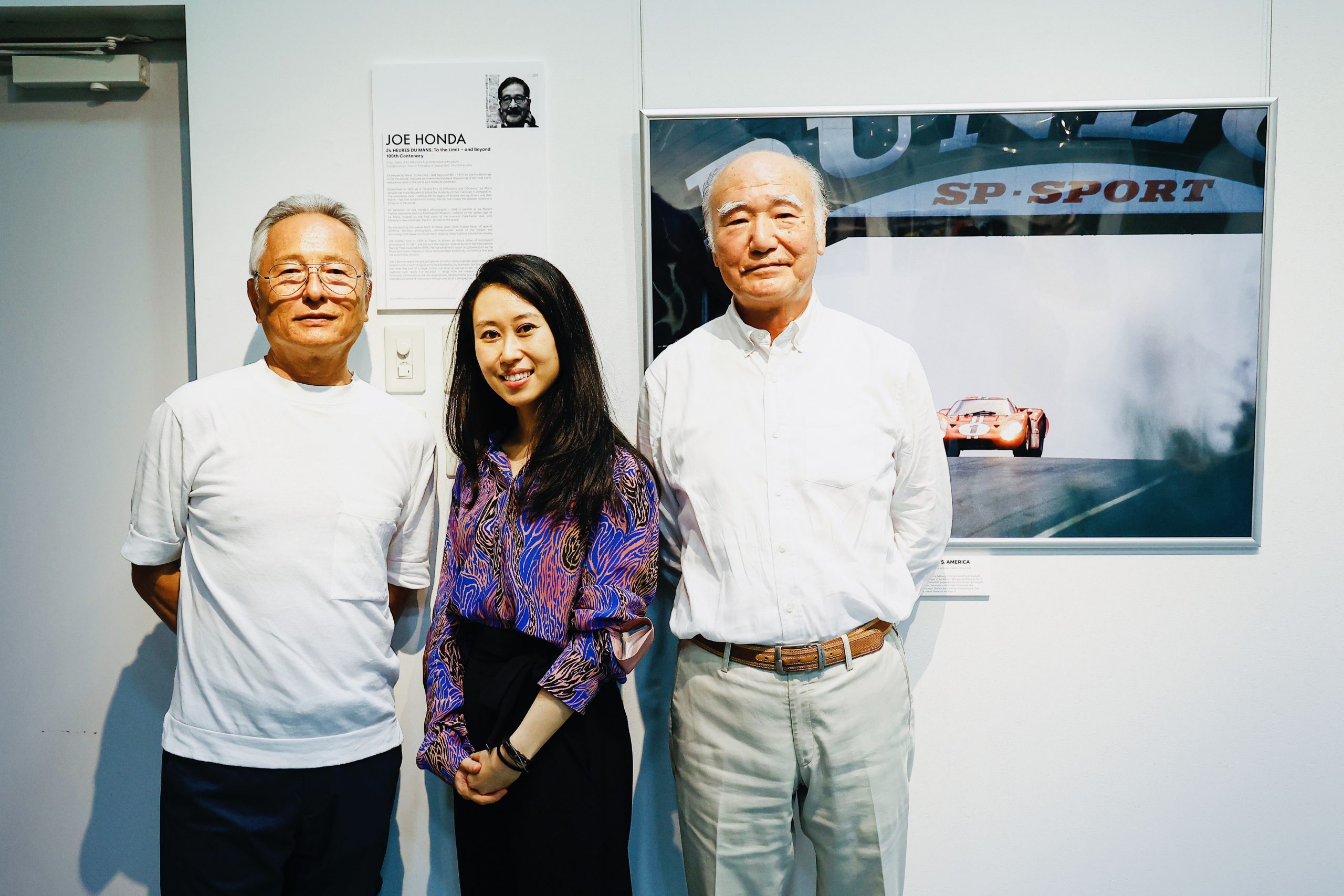
Emiko Jozuka (Trinity 2006) 24 Heures du Mans: To the Limit – and Beyond, by Joe Honda, 8 June 2023
Emiko Jozuka (Trinity 2006): opening of an exhibition commemorating photographs by Joe Honda, and celebrating the 100th anniversary of the Le Mans car races Emiko Jozuka (Trinity 2006) organized a number of exhibitions commemorating in her efforts to honor the legacy of her father Joe Honda, legendary photographer, famous for his dramatic photographs of every…
-
![John MacGinnis on excavating a provincial capital of the Assyrian Empire, introduced by Chikako Watanabe. 23 March 2020 [online]](https://trinityjapan.org/b/wp-content/uploads/2020/01/Photo-1.jpg)
John MacGinnis on excavating a provincial capital of the Assyrian Empire, introduced by Chikako Watanabe. 23 March 2020 [online]
John MacGinnis: “excavating a provincial capital of the Assyrian Empire”. Introduction by Chikako Watanabe With deep apologies, this meeting has been cancelled because of the current health situation Trinity in Japan history and archaeology festival: John MacGinnis (Trinity 1982) will talk on “excavating a provincial capital of the Assyrian Empire” On Monday 23 March 2020…
-
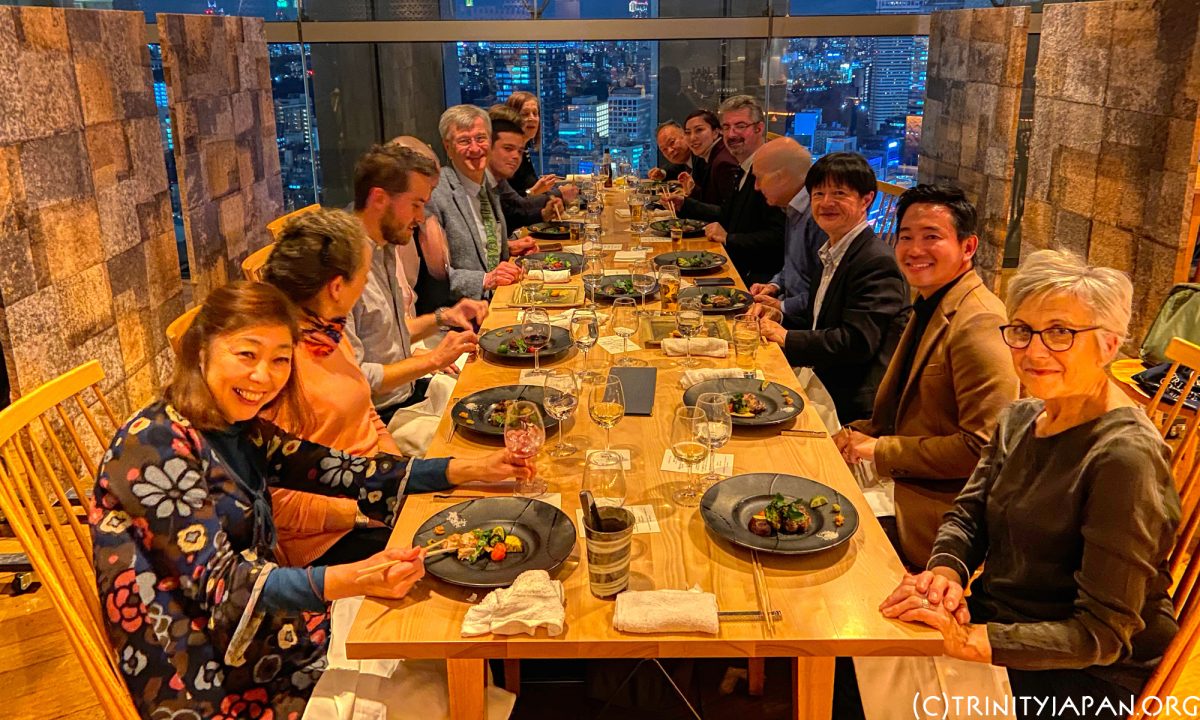
His Honour Witold Pawlak, Circuit Judge: ‘The view from the Bench’ – joint with MIT Sloan alumni. 28 Nov 2019
‘The view from the Bench’ His Honour Witold Pawlak (Trinity 1966) will speak to us about his experience as Circuit Judge at Wood Green Crown Court (appointed 2004) On Thursday 28 November 2019 at 7pm His Honour Witold Pawlak will visit us from the UK, and will talk to us about his unique insights into…
-
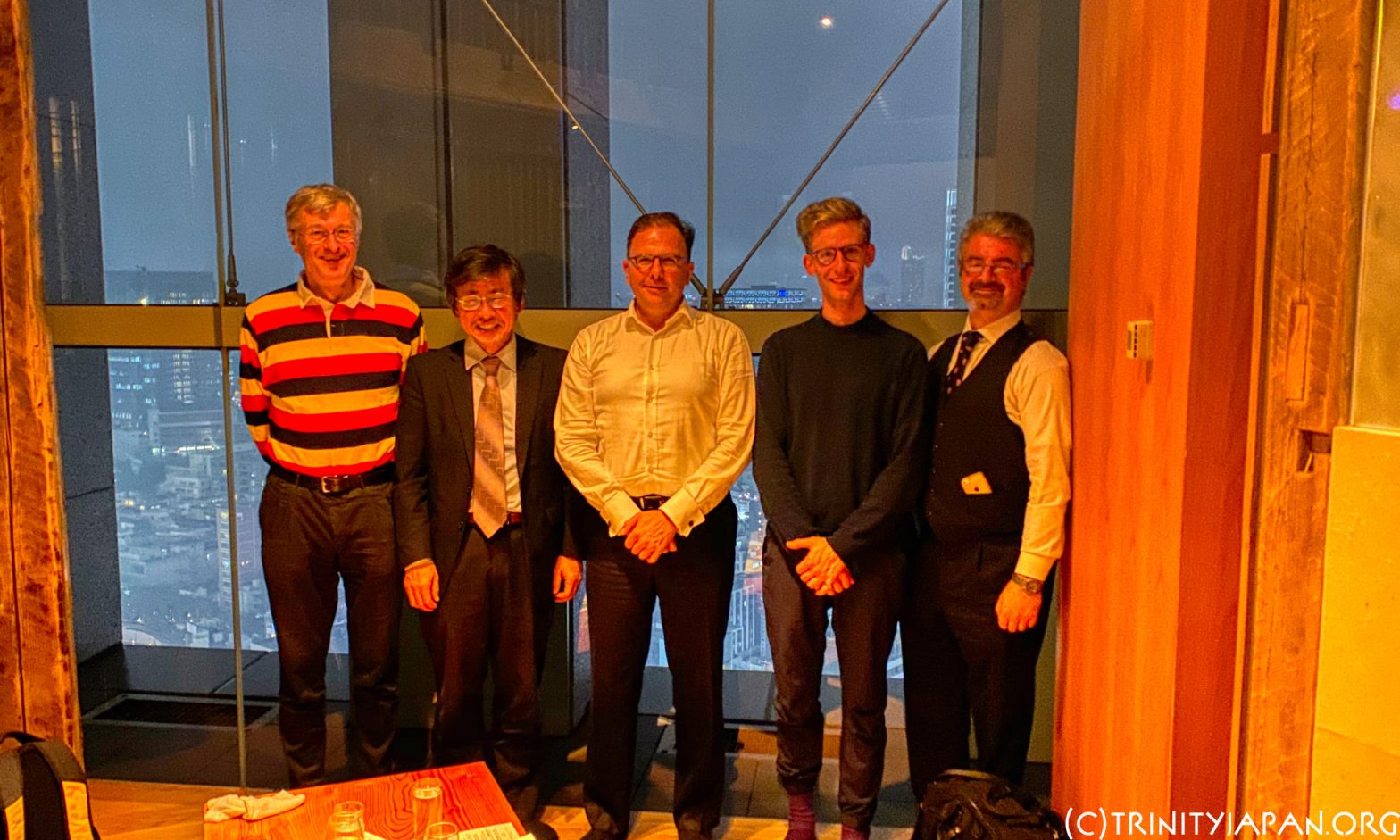
Wolfgang Ungerer (1990) on the future of the automotive industries. Rugby World Cup special. 18 Oct 2019
All Fellows or members of Trinity College (Cambridge University) living in or visiting Tokyo are very welcome 18 October 2019 7pm Rugby World Cup special in Tokyo Will meet on Friday 18 October 2019 at 7pm in central Tokyo for our Rugby World Cup special. Wolfgang Ungerer (1990) – who has worked for many years…
-
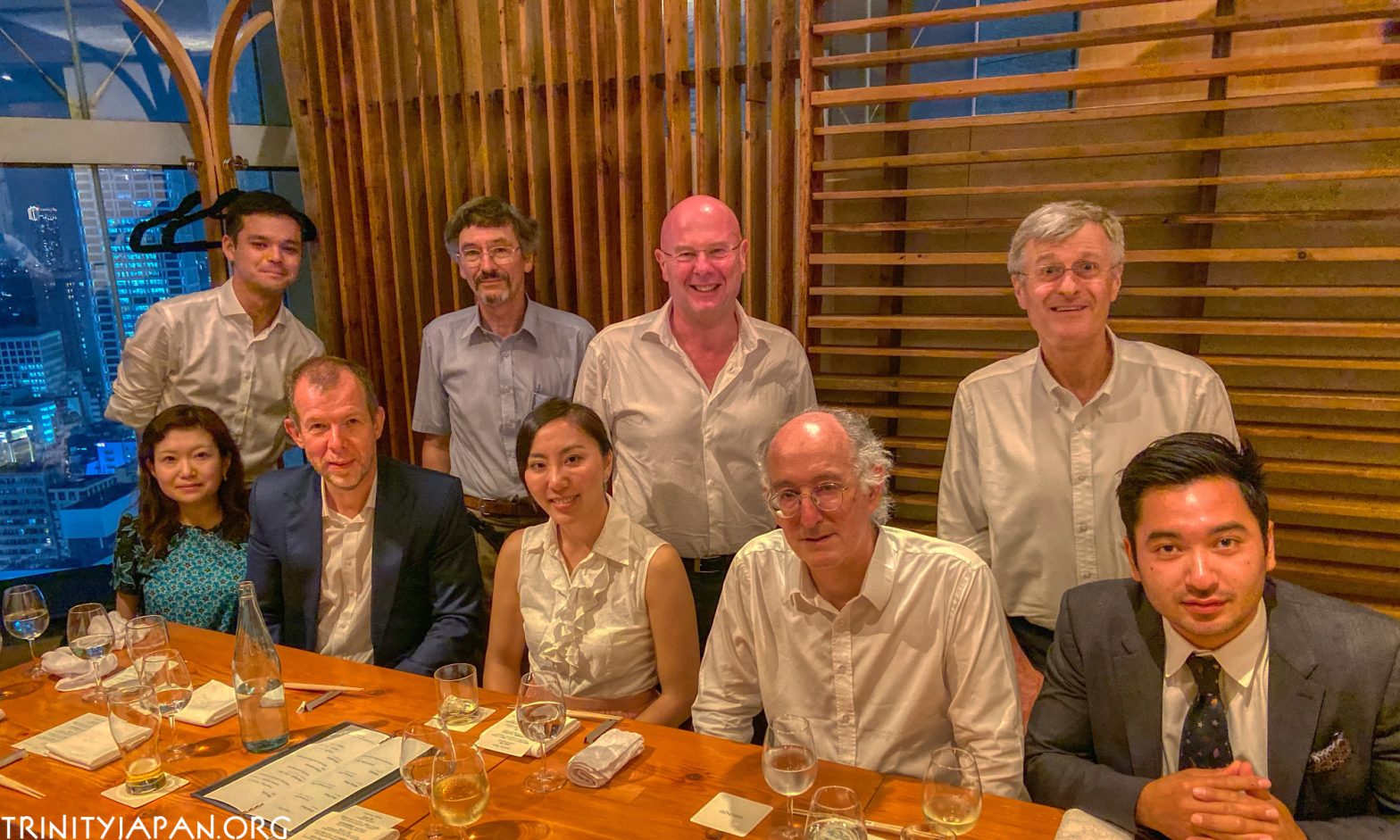
The Revd Dr Michael Banner: ‘The rise (and fall?) of humanitarianism’. 1 Oct 2019
‘The rise (and fall?) of humanitarianism’, Revd Dr Michael Banner (in Tokyo) The Revd Dr Michael Banner… “one of the brightest and most interesting young people doing ethics on the scene today” The Revd Dr Michael Banner will join us on Tuesday 1 October 2019 6pm for a special event in central Tokyo. The fee…
-
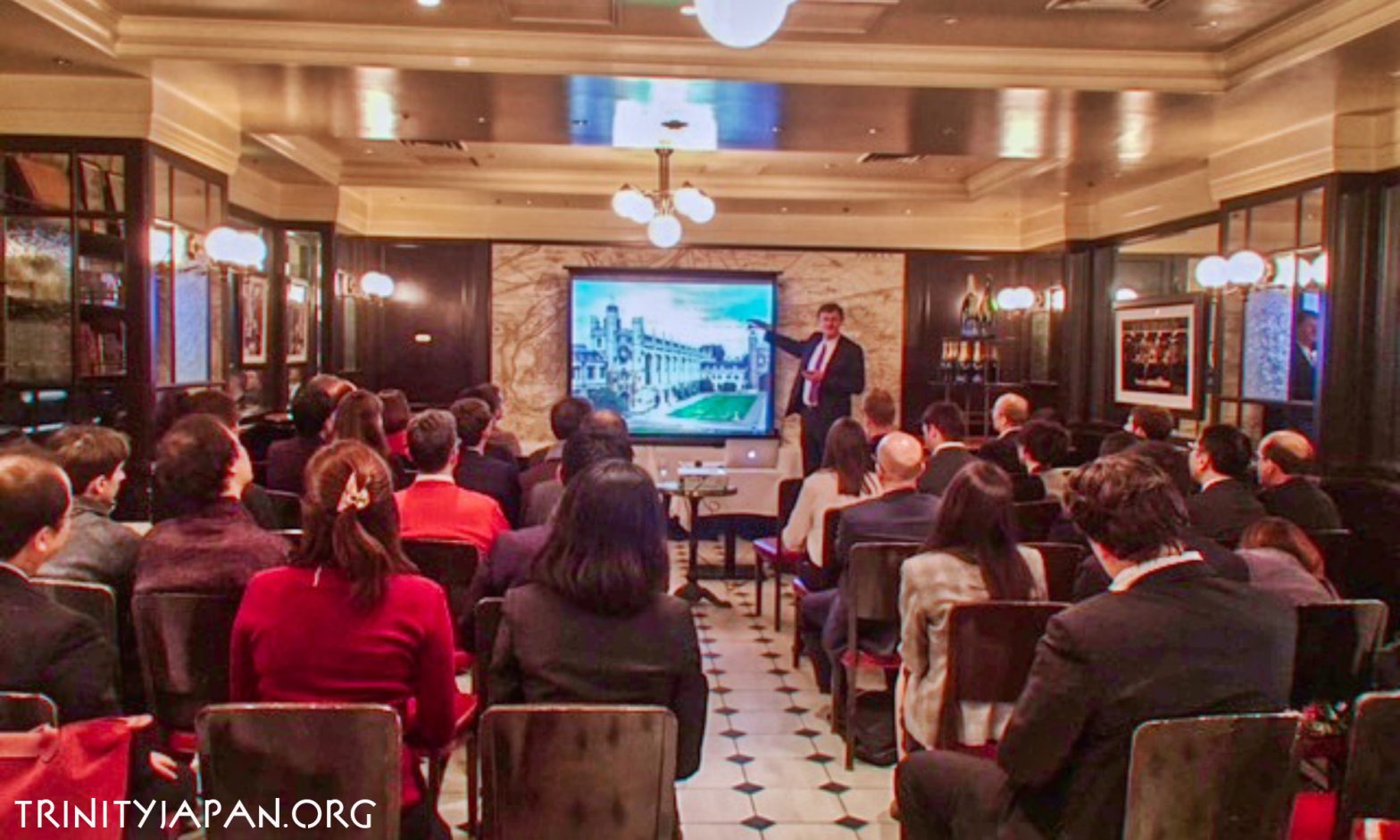
Japan’s corporate governance reforms: Joint event with the alumni of HEC, École Polytechnique, Sciences Po, Edhec, Essec and Trinity College/Cambridge University. Thursday 7 March 2019 in Tokyo
Japan’s corporate governance reforms joint event with the alumni organizations of HEC, École Polytechnique, Sciences Po, Edhec, Essec and Trinity College/ Cambridge University. Thursday 7 March 2019 19:00 in Tokyo On Thursday 7 March 2019 we will have a joint event by the alumni organizations of several French Grandes Écoles, HEC, École Polytechnique, Sciences Po,…
-
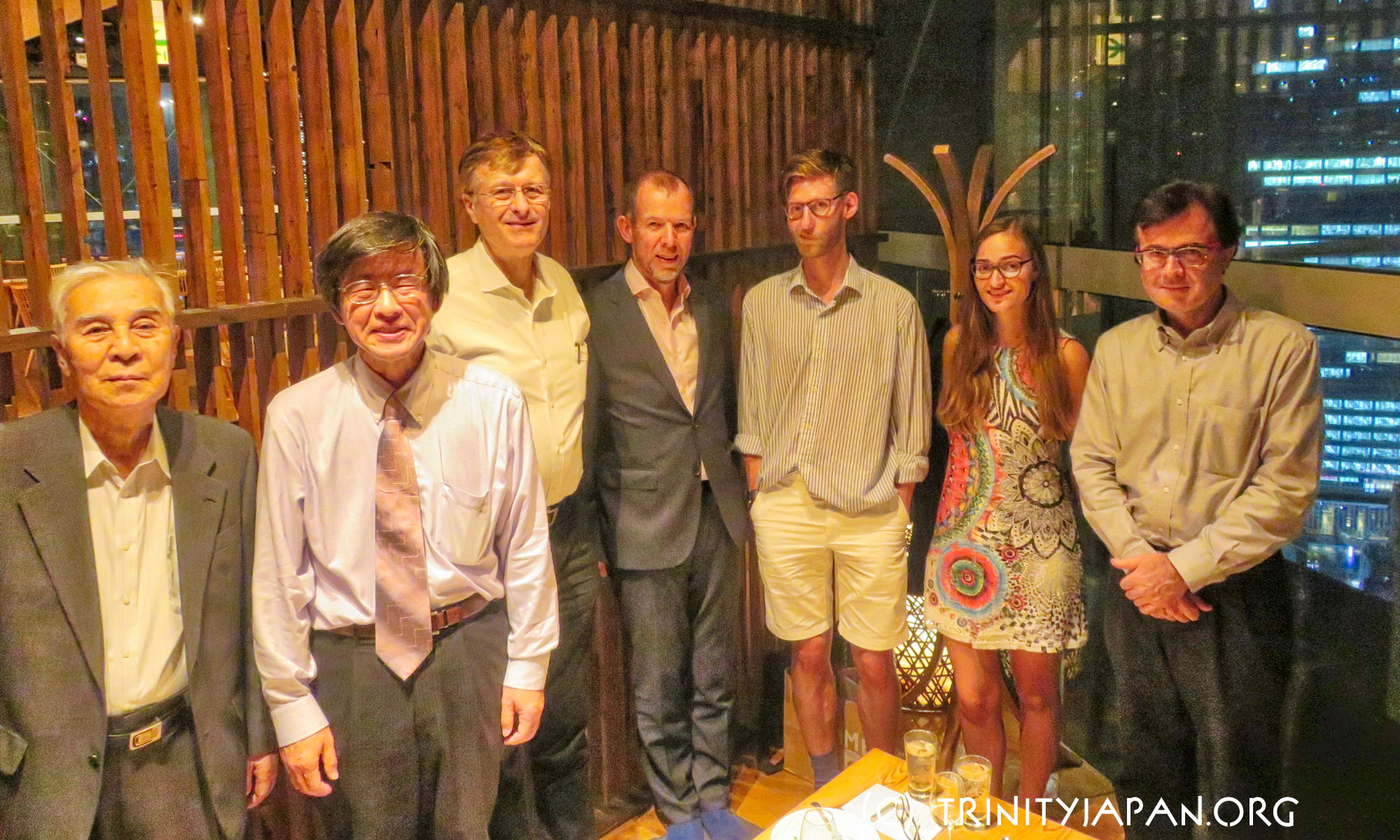
What is morality? The Revd Dr Michael Banner, Friday 28 Sept 2018
The Revd Dr Michael Banner: “What is morality?” The Revd Dr Michael Banner… “one of the brightest and most interesting young people doing ethics on the scene today” The Revd Dr Michael Banner will join us on Friday 28 September 2018 for a special event. 6pm – 7pm drinks reception 7pm – 7:30pm The Revd…
-
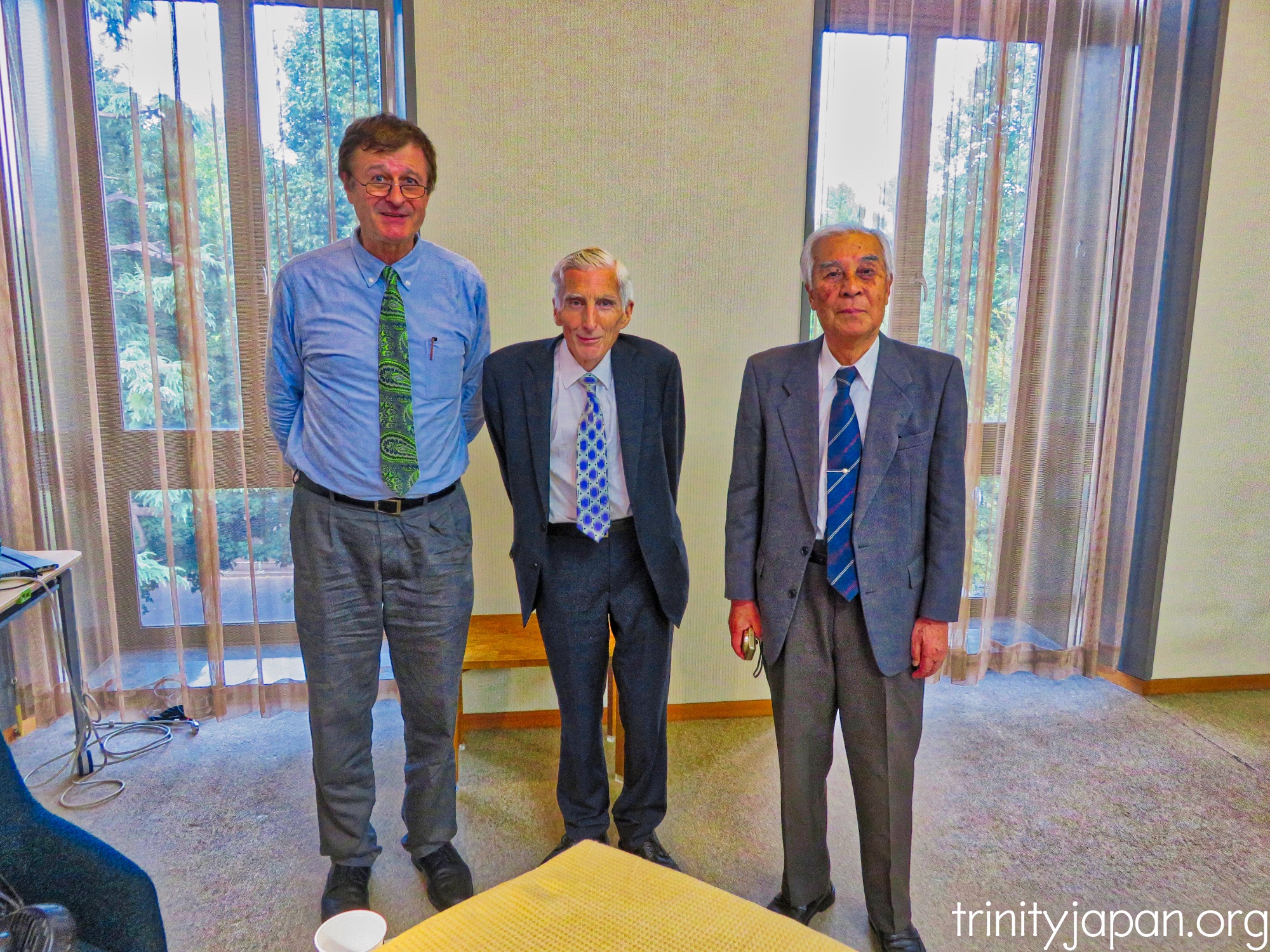
Lord Martin Rees, former Master of Trinity College, Lecture “The world in 2050 – and beyond”
Lord Martin Rees, Baron Rees of Ludlow OM FRS, Master of Trinity College 2004-2012 Lord Martin Rees: “The world in 2050 – and beyond” Lord Martin Rees, Master of Trinity College 2004-2012, gave a public lecture at the Japan Academy in Tokyo on the topic “The world in 2050 – and beyond” on Wednesday 4…
-
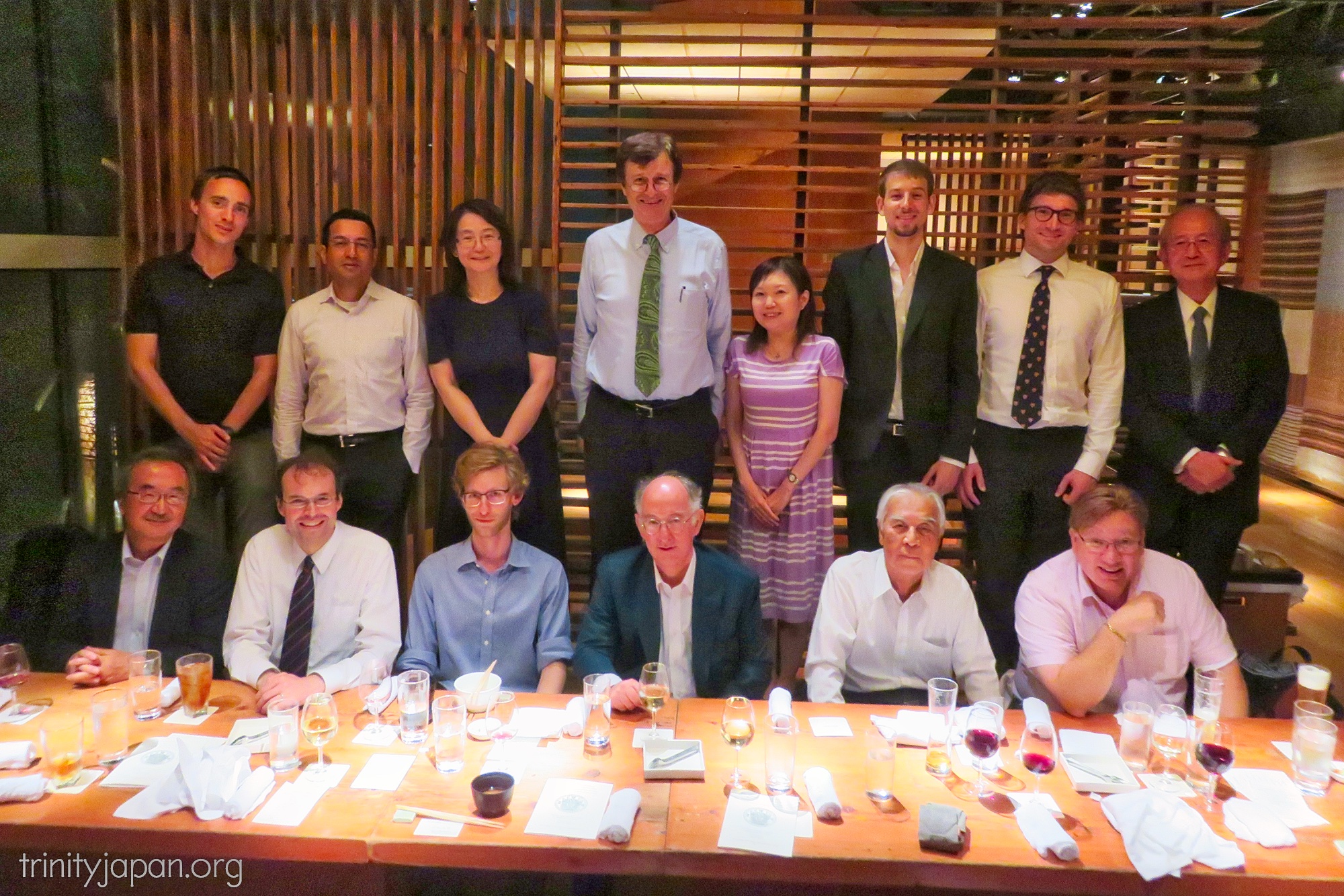
Trinity in Japan special event in Tokyo Friday 8 September 2017 with Fellows and Professors Mikael Adolphson, Sachiko Kusukawa and Dominic Lieven
Special Trinity in Japan event in Tokyo Friday 8 September 2017 Fellows and Professors Mikael Adolphson, Sachiko Kusukawa and Dominic Lieven joined us Three Fellows, Professors Mikael Adolphson, Sachiko Kusukawa and Dominic Lieven and eleven Trinity in Japan members attended the special Trinity in Japan event on Friday 8 September 2017 in Tokyo, organized by…